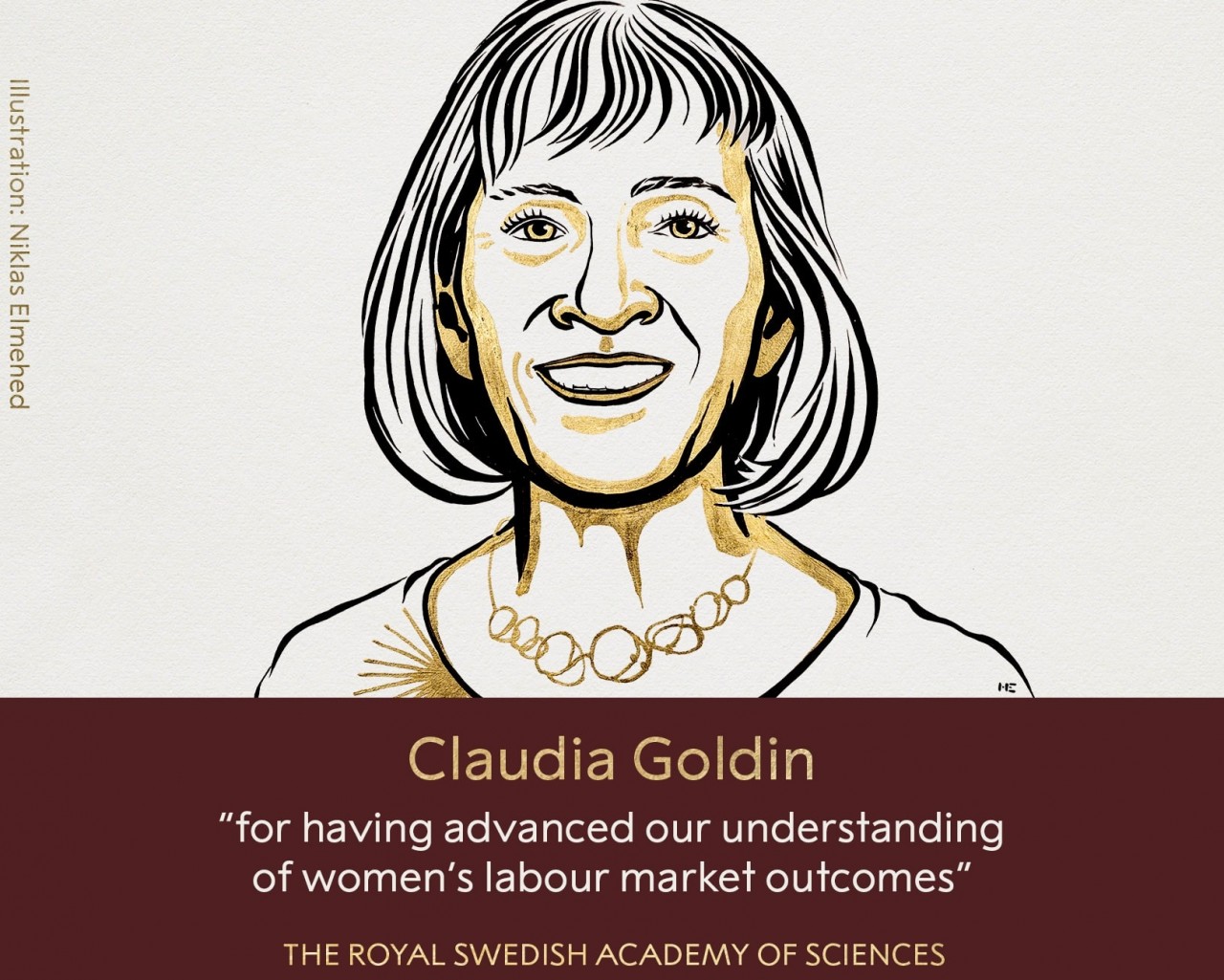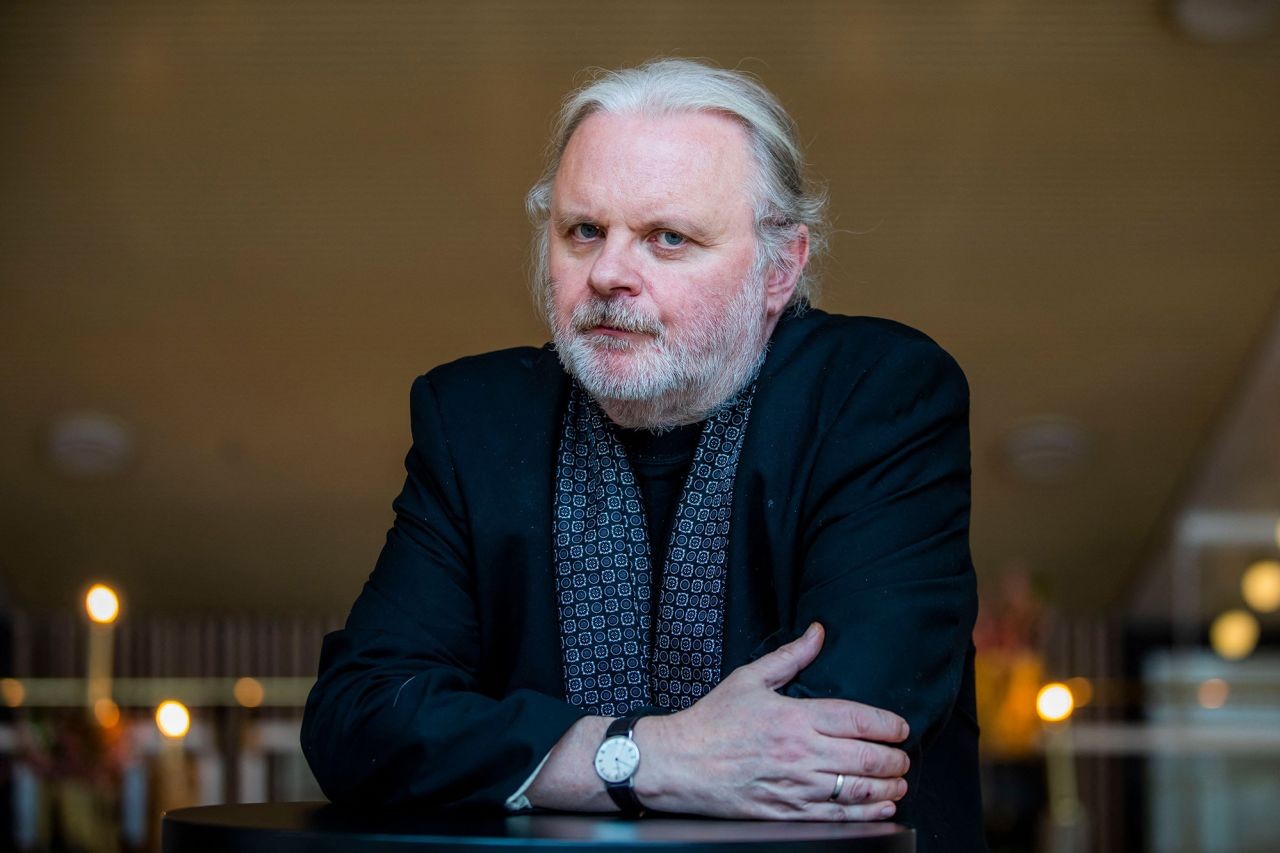2023 Nobel Prizes
Who is Alexei Ekimov - Russian-born Quantum Dot Pioneer Wins Nobel Prize in Chemistry?
The prize is shared equally between the trio for discoveries on the unique properties of nano-materials, and how to make them, which paved the way for wide-ranging applications in consumer electronics, biochemistry, and medicine.
In a press briefing, the Nobel Committee was asked about the choice to reward a Russian scientist. “When it comes to selecting the prize we simply follow the procedure of identifying the most important discoveries and identifying the most important contributors to those discoveries. Nationality doesn’t matter here. That’s in accordance with the will of Alfred Nobel,” said the committee.
Uncovering a new world of color
The Nobel Committee explained how the scientists’ work had helped develop quantum dots. In the 1980s, Ekimov created size-dependent quantum effects in colored glass. A few years later, Brus became the first scientist to prove size-dependent quantum effects in particles floating freely in a liquid.
In 1993, Bawendi changed the chemical production of quantum dots, resulting in what the committee called “almost perfect particles.” This development allowed the dots to be used in applications.
 |
| Moungi Bawendi, Louis Brus, and Alexei Ekimov. |
The laureates’ work has allowed scientists to capitalize on some of the properties of the nanoworld, and quantum dots are now found in living rooms and operating theaters across the world.
They are now widely used in TVs and have several advantages over traditional LCD panels, creating more vibrant and accurate colors, as well as requiring less energy to operate.
The dots, which are manufactured in a powdered form, are laid over a plate of diodes that emit blue light at the back of TVs and other screens. The blue light illuminates the quantum dots, which emit their own color depending on their size.
The dots are also widely used in medical diagnostics. Doctors use them to illuminate molecules that can bind themselves to cancer tumors, allowing the surgeon to distinguish the healthy tissue from the diseased.
Prof Gill Reid, the president of the Royal Society of Chemistry said: “The recognition of this work on quantum dots is really exciting and shows how chemistry can be used to solve a range of challenges. These remarkable nanoparticles have huge potential to create smaller, faster, smarter devices, increasing the efficiency of solar panels and the brilliance of your TV screen.”
Alexei Ekimov - Biography
Alexey Ivanovich Ekimov, born in 1945, is a Russian solid-state physicist who discovered the semiconductor nanocrystals known as quantum dots while working at the Vavilov State Optical Institute.
In 1967, he graduated from the Faculty of Physics, at Leningrad State University. He was awarded the 1975 USSR State Prize in Science and Engineering for work on electron spin orientation in semiconductors.
He is a co-recipient of the 2006 R. W. Wood Prize of the Optical Society of America for the "discovery of nanocrystal quantum dots and pioneering studies of their electronic and optical properties".
Since 1999 Ekimov has been living and working in the United States as a scientist for Nanocrystals Technology, a company based in New York State.
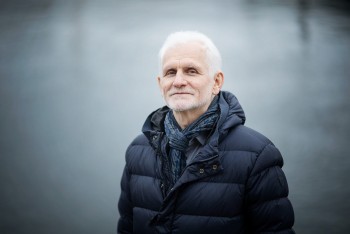 | Who Is Ales Bialiatski – The Winner Of Nobel Peace Prize In 2022? The Norwegian Nobel Committee has decided to award the Nobel Peace Prize for 2022 to one individual and two organizations. |
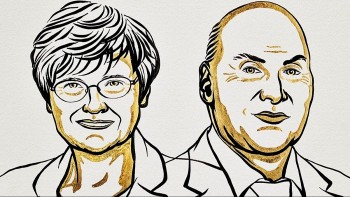 | Scientists Behind COVID Vaccine Win 2023 Nobel Prize in Medicine- Who Are They? The 2023 Nobel Prize in Physiology or Medicine has been awarded to Katalin Karikó and Drew Weissman for their contributions to RNA biology, which helped ... |
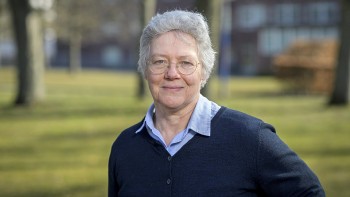 | Who is Anne L’Huillier - Fifth Woman Awarded Physics Nobel in 117 years? French-Swedish physicist Anne L'Huillier won the Nobel Prize in Physics together with France's Pierre Agostini and Hungarian-Austrian Ferenc Krausz for research into tools for exploring ... |
Recommended
 World
World
India strikes back at terrorists with Operation Sindoor
 World
World
India sending Holy Relics of Lord Buddha to Vietnam a special gesture, has generated tremendous spiritual faith: Kiren Rijiju
 World
World
Why the India-US Sonobuoy Co-Production Agreement Matters
 World
World
Vietnam’s 50-year Reunification Celebration Garners Argentine Press’s Attention
 World
World
"Will continue offering our full support to Indian govt": US FBI Director after Pahalgam attack
 World
World
"Great Leader": JD Vance Lauds PM Modi During His India Visit
 World
World
Trump’s Tariff Pause: A Strategic Move from “The Art of the Deal”?
 World
World

